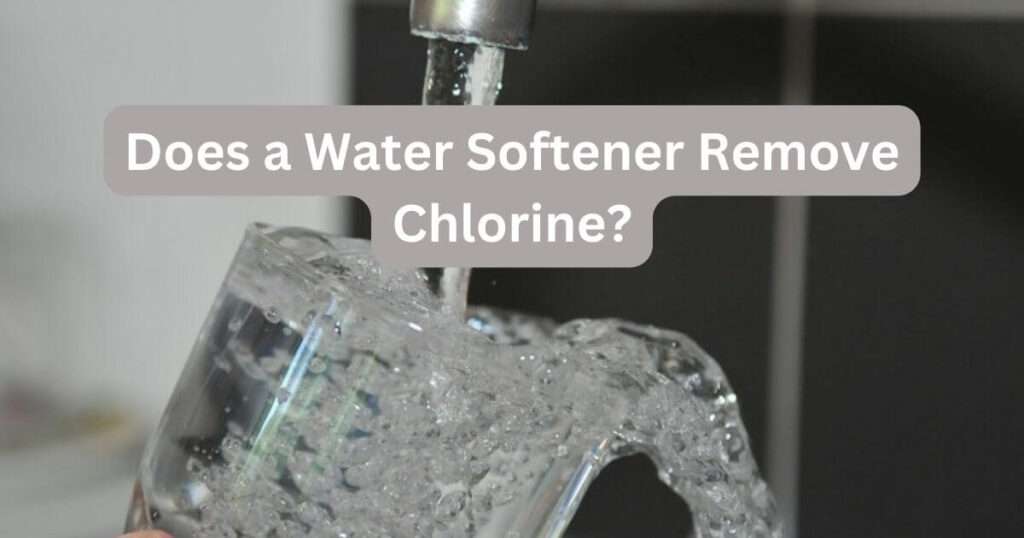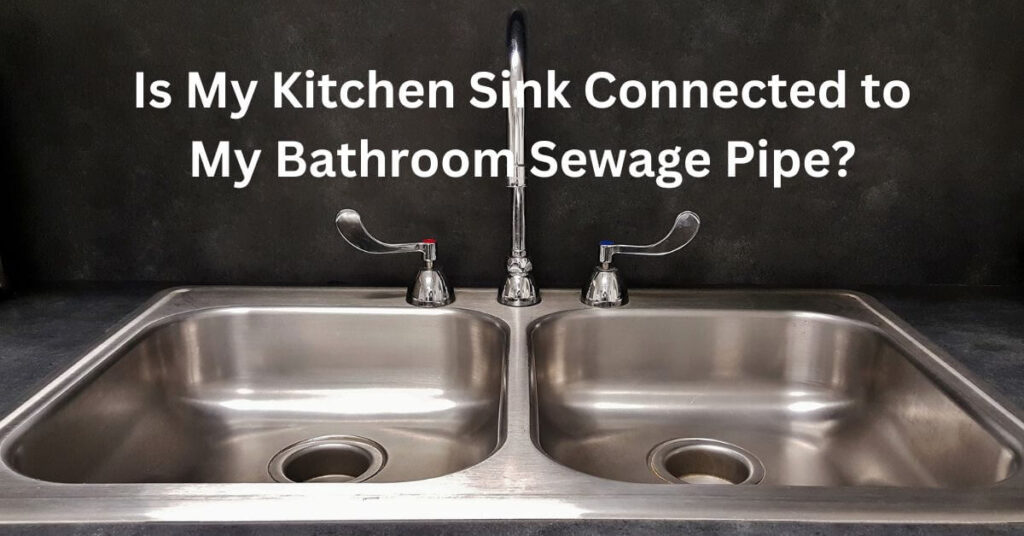Many homeowners invest in a water softener system to condition hard water and protect appliances and plumbing. However, one common question is whether a water softener removes chlorine from drinking water.
Chlorine is commonly used as a disinfectant in municipal water supplies to kill bacteria and other microbes. However, some people are concerned about chlorine residues and byproducts in tap water. So, does a water softener filter out chlorine too? Let’s take a deeper look.
What is Chlorine, and Why is it Used in Water?
Chlorine is a strong chemical element added to most public water systems for disinfection. Municipal water treatment plants use chlorine to kill harmful microorganisms like E. coli, giardia, cryptosporidium, and other disease-causing pathogens. This disinfection process helps protect public health by ensuring tap water is safe to drink and use for other purposes.
However, chlorine can interact with organic compounds in water to form disinfection byproducts (DBPs). Some DBPs, if consumed over long periods, have been linked to potential health risks like cancer.
While short-term exposure to chlorinated water poses little risk, long-term consumption of high DBP levels is a concern. This is why some homeowners seek chlorine removal from their tap water supply.
Do Water Softeners Remove Chlorine?

In most cases, a conventional water softener system alone does not remove chlorine from water. Here’s a breakdown:
Ion exchange water softeners work by exchanging sodium ions for unwanted magnesium and calcium ions that cause hard water. This conditional process does not target chlorine molecules.
During the softening process, chlorine passes through the resin beads unchanged. Unlike hardness minerals, it is not selectively removed.
Only advanced filtration systems that employ Granular Activated Carbon (GAC) or charcoal filtration can effectively reduce chlorine levels through adsorption. Standard ion exchange softeners lack this chlorine-removing capability.
Some combination water softener/filter units do contain a GAC filter stage for chlorine reduction. However, a basic softener unit focused only on ion exchange will not remove chlorine alone.
Does Installing a Water Softener Eliminate Chlorine Taste/Odor?
For many homeowners, the primary concern with chlorine in tap water is unpleasant tastes and odors rather than health risks from low chlorine levels. Anecdotal evidence suggests that water softeners may significantly improve chlorine tastes and reduce odor complaints even if trace amounts of chlorine remain:
The 20-30% chlorine reduction provided by a softener seems enough, in many cases, to eliminate any noticeably chlorinated tastes or smells in drinking water.
At higher concentrations, chlorine has a stronger smell and taste profile. Taking levels down a few tenths of a ppm makes a noticeable difference sensorially.
Softening hard water removes the minerals that chlorine can sometimes bond with and amplify odor/taste issues. Ion exchange cleans the water of other contributors.
While softeners will not fully dechlorinate water for aesthetic purposes, they appear to mitigate chlorine taste and odor problems for most people sufficiently. Of course, water quality can vary regionally depending on source water characteristics and water treatment methods used. In summary, a water softener installation has a good chance of improving chlorinated water palatability.
Alternative Solutions for Chlorine Removal
If addressing chlorine in tap water is a priority, you may want to consider alternative filtration options:
Carbon Filters for Targeted Chlorine Reduction
Carbon filters, either point-of-entry systems or under-the-sink filters, can effectively reduce chlorine levels. Activated carbon has a large surface area capable of adsorbing chlorine, effectively ‘trapping’ it before it can emerge from your tap.
These can be standalone devices or integrated within larger water treatment systems to ensure your water is soft and free from chlorine taste and smell.
Whole-House Reverse Osmosis Systems

Reverse osmosis (RO) systems force water through a semi-permeable membrane, effectively removing many impurities, including chlorine. When incorporated into a whole-house system, they provide comprehensive water treatment.
However, they are considered an overkill by some due to their high cost and the fact that they can remove beneficial minerals along with the chlorine.
Shunning Chlorine with UV and Ozone Systems
UV and ozone systems are becoming more popular for their ability to kill microorganisms without adding chemical byproducts. These systems do not remove chlorine from water but are considered alongside water softeners as part of a pre-treatment strategy.
UV and ozone can offer comprehensive water purification when used in conjunction with other filtration methods.
Related: What is the Best System to Remove Iron From Water?
So, Does a Water Softener Remove Chlorine?
Chlorine is a double-edged sword in water treatment. It is a necessary evil to ensure short-term safety but has potential long-term health implications. Water softeners can help reduce chlorine levels, especially when combined with activated carbon or other filtration methods.
When choosing the right water treatment solution for your home, it’s essential to understand the trade-offs and consider a holistic approach to address all water quality concerns. By doing so, you’ll improve the taste and feel of your water and contribute to a healthier living environment for you and your family.



